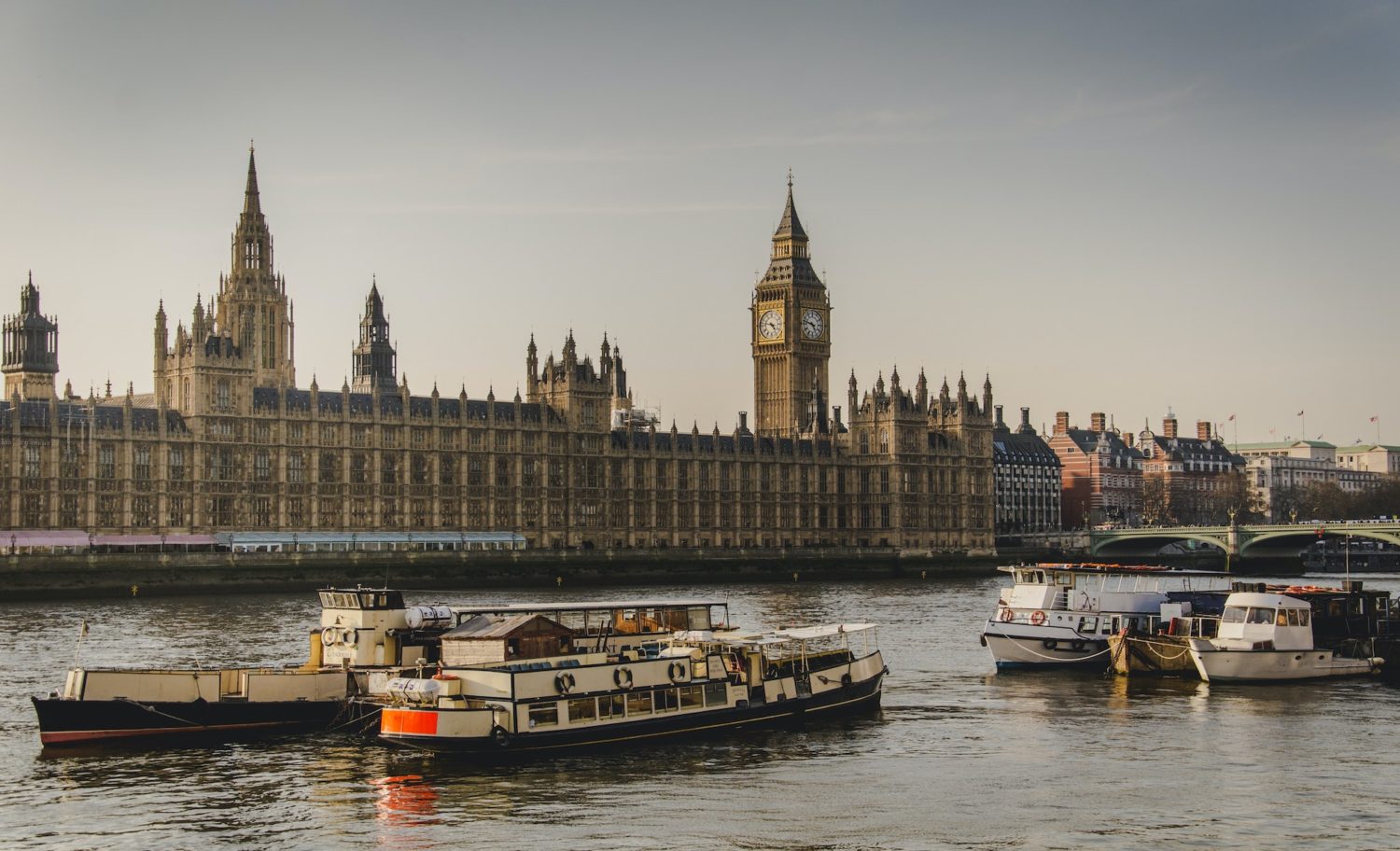Standing up for women
The next Labour administration should be a government of and for women, writes Harriet Harman MP
The labour party is the political wing of the women’s movement. That has been the case since the 1970s and remains so to this day.
Like all progressive forces, the women’s movement demands change. And we have to keep on doing that until women and men are equal.
As with all demands for progress, there must be action from government to abolish discrimination and drive change. That means there has to be political activism.
The Labour party was the natural home for feminists in the burgeoning women’s movement of the 1970s.
The Tories styled themselves the party of the family, which meant support for a household headed by a man with the woman in a subordinate role looking after the home and children. Women demanding change could never look to the Conservatives as their champions: by definition they were for defending the status quo.
The women’s movement shouted their demands into a society in which women were to know their place. That men were to make decisions and women to abide by them. This was the case both at home and in politics. Women took responsibility for the work of caring for children and older relatives but even there, key decisions were taken by the husband and father. The woman was not just the mother but, as important, she was the housewife, serving the husband and keeping his home.
Women who challenged this in the name of equality were not just politely ignored, they were branded as dangerous.
The feminists of the 70s, of which I was one, demanded wholesale change and were vilified. We argued that women should be able to work outside the home. That was denounced as damaging for children and dangerous to the family by undermining the father’s role as head of the household. We argued that women should be paid equally at work. That was branded an attack on working men and their unions whose bargaining agenda was shaped around the demand for men to earn ‘the family wage’. Women in the workplace were denounced as a threat to undercut men’s hard-won terms and conditions.
We argued that the courts could not be fair to women when all the judges were men. Our demands for women to advance into the all-male judiciary were met with allegations that this would reduce the quality. It was not sex discrimination, they argued, it was just that the male lawyers were so much better than the women.
The same argument was levelled against us in our complaint that parliament was unrepresentative as there were only 3 per cent of women representing a population which was 50 per cent women. Parliament was of immense importance, they said, and should not be undermined by letting in substandard women. The very fact that the men were there and the women were not proved that the men were just better than the women, so we were told.
What was remarkable about that era of the women’s movement was the sense of fearlessness. We knew we were up against every aspect of the establishment and would be pilloried as subversive or unstable. But we were determined in our analysis that women’s equality was not only right in principle but would be good for men too, and the economy and our society as a whole.
In light of the cultural context at the time it was nothing short of remarkable that the Labour party, which was then as male-dominated as every other traditional institution, adapted. It accommodated us feminists and made our demands its own. Labour was the party of aspiration, for those seeking progress and the champion of the oppressed.
The Labour party had already shown itself as a party women could look to with the 1970 Equal Pay Act and the 1975 Sex Discrimination Act. Those were revolutionary pieces of legislation which dared to regulate the workplace and the provision of services and to give cultural leadership. It was political vanguardism in giving people not what they were all asking for but what the women’s movement felt was needed.
To get into government we knew we had to appeal to women voters. And offering women the chance to vote for women MPs was a major part of that. So we arrived at the 1997 general election with women fighting in half the seats that we held or hoped to win. The 100 Labour women were elected on a mandate to deliver for women. And as minister for women in Labour’s first cabinet I was able, together with other women ministers, to bring in the New Deal for Lone Parents, to help lone mothers get into work and the national childcare strategy. Later when I was solicitor general and then justice minister I introduced new laws to tackle domestic violence and tougher action on sexual offences.
In 2010, as the final legislation of the Labour government before we were voted out of office, we passed the Equality Act and, to this day, it is there protecting and promoting the rights of women, and other groups who are unequal and discriminated against.
By 2010 the Tories had recognised that they had no choice but to embrace the new demands of women if they were to modernise and throw off their reputation as the ‘nasty party’. So they brought in women Tory MPs, knowing that an all-male cadre of MPs looked – and was – reactionary. Those women knocked off some of the harshest patriarchal edges of the Tory party.
But it remains the case that women are still far from equal.
Male violence against women still goes unpunished whether in the home or on the street. Decision-making is still dominated by men. And in the home, the care of children and older relatives still falls overwhelmingly on women.
Public policy has many more changes to make to tear down the barriers for women. We need sick pay for parents who need to look after a nursery or primary-school age child who is ill. We need paternity pay which is high enough that it is possible for men to take time off. We need an affordable, accessible quality childcare, building on the base of the Labour government’s Sure Start programme which the Tories have shamefully dismantled.
Whilst the Labour party is the political wing of the women’s movement, it is not the same as the women’s movement. We women in the Labour party have always drawn strength from the myriad different organisations of women both at community and at national level. We must respect that relationship, nurture and build on it.
We must listen to women. But it is not enough for women to be heard by men making the decisions. They must have an equal share in decision-making.
To do all that, and so much more that is needed, we need to be in government. It remains the case today, as it ever was, that the only engine of change to meet women’s aspirations for equality is the Labour party. It is a virtuous circle. The more Labour stands up for women, the more women will vote for us and bring forward the day when we can once again have a government of and for women.
Image credit: Shane Rounce/Unsplash

